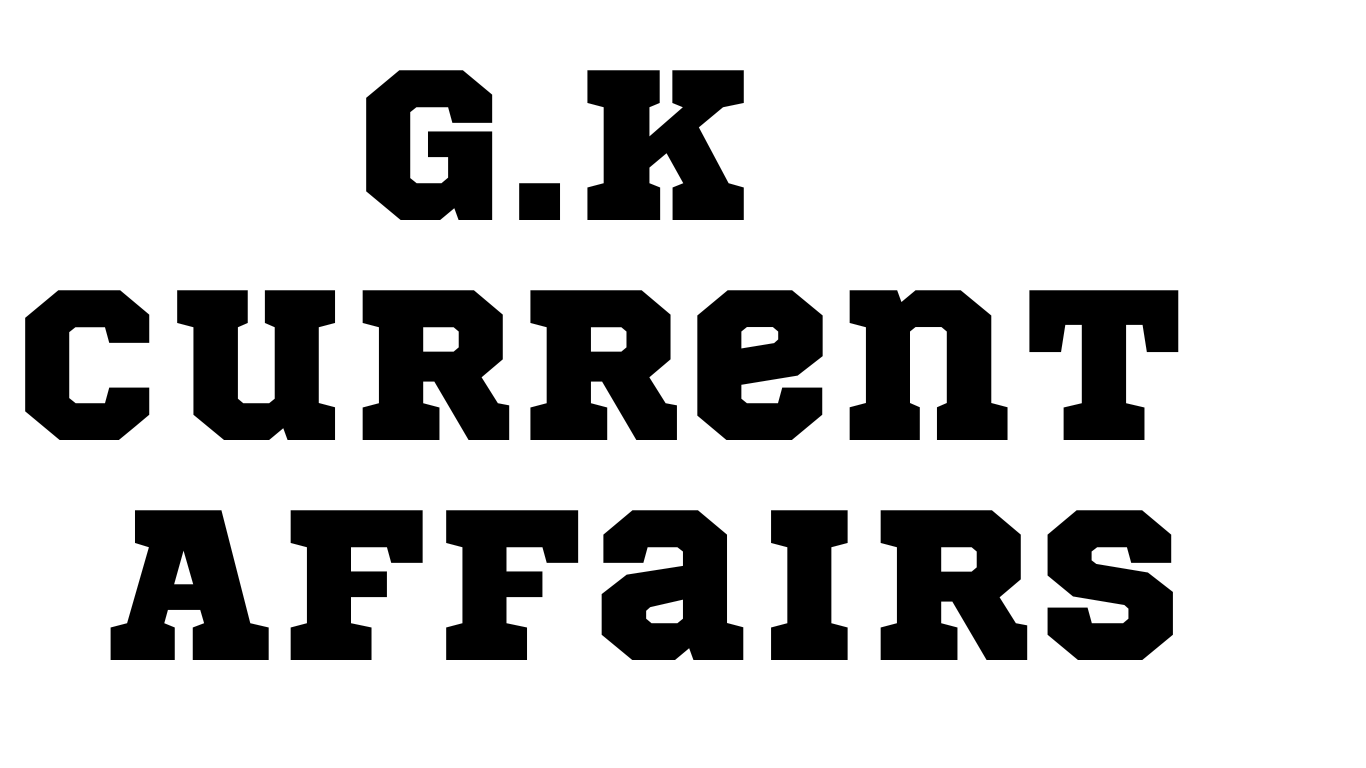The Cabinet has approved a subsidy of Rs 51,875 crore for phosphatic and potassium fertilisers for the rabi season.
In April, the Centre approved a subsidy of Rs 60,939.23 crore for P&K fertilisers for the first six months (kharif season) of the current fiscal year.
The government approved a subsidy of Rs 51,875 crore for phosphatic and potassium (P&K) fertilisers for the second half of 2022-23 on November 2 as part of efforts to provide farmers with affordable soil nutrients.
According to an official statement, the Cabinet Committee on Economic Affairs (CCEA) chaired by Prime Minister Narendra Modi approved nutrient-based subsidy (NBS) rates for P&K fertilisers for the 2022-23 rabi season.
According to the CCEA, a subsidy of Rs 98.02 per kg for nitrogen (N), Rs 66.93 per kg for phosphorus (P), Rs23.65 per kg for potash (K), and Rs 6.12 per kg for sulphur (S) has been approved.
"The Cabinet has approved a subsidy of Rs 51,875 crore for the NBS Rabi-2022 [from 01.10.2022 to 31.03.2023], including support for indigenous fertiliser [SSP] through freight subsidy," the statement said.
This will ensure that all P&K fertilisers are available to farmers at subsidised or affordable prices during the rabi season, thereby supporting the agriculture sector, according to the statement.
"The volatility in international fertiliser and raw material prices has primarily been absorbed by the union government," it added.
In April, the government approved a subsidy of Rs 60,939.23 crore for P&K fertilisers for the first six months (kharif season) of the current fiscal year.
The NBS scheme has been in effect since April 2010.
The government used to announce an annual fixed rate of subsidy on nutrients such as nitrogen, phosphate, potash, and sulphur under the scheme. It is now, however, announced on a biannual basis.
The N, P, K, and S per kilogramme subsidy rates are converted into per tonne subsidies on the various P&K fertilisers covered by the NBS policy.
The government subsidises fertiliser prices for farmers through fertiliser manufacturers/importers.
Because of the sharp increase in international fertiliser and input prices, such as urea, DAP, MOP, and sulphur, the government has decided to absorb the price increases by increasing subsidies on P&K fertilisers, including DAP.
The subsidy would be distributed to fertiliser companies at approved rates so that farmers could obtain fertiliser at a reasonable cost, according to the statement.
Read this:- 2 November current affairs Lt. Gen. Ajai Kumar Singh assumes command of the Army's Southern Command.
Please join my website:-gkcurrentstudies.blogspot.com













0 Comments